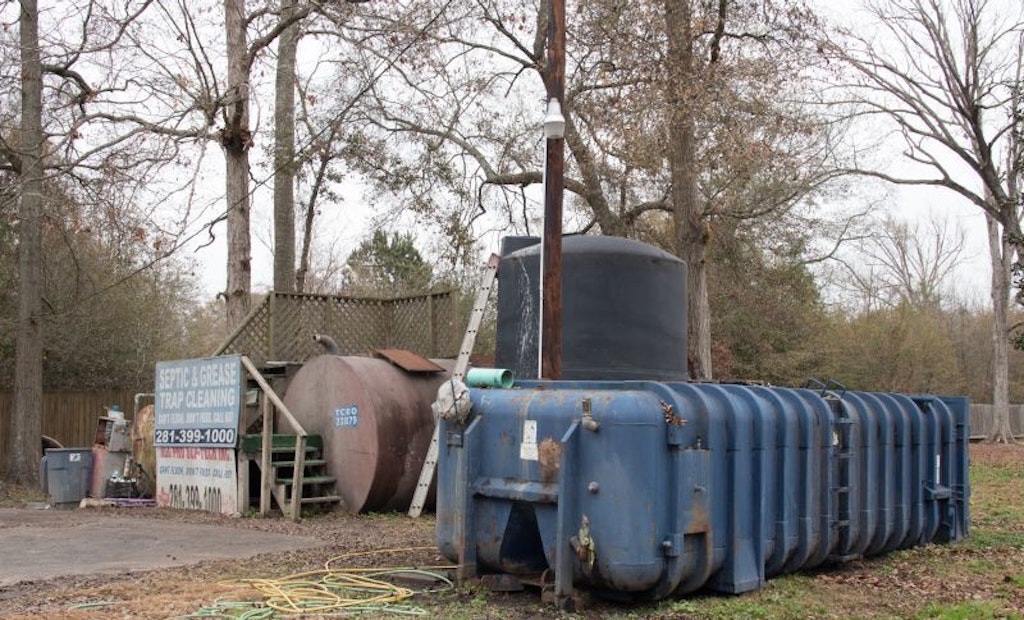The disposal of septage is a constant challenge for septic pumping companies, often accompanied by a quagmire of regulations and logistical headaches. From administrative nightmares to the ever-rising costs, septic businesses are always on the lookout for solutions.
We explore the...






